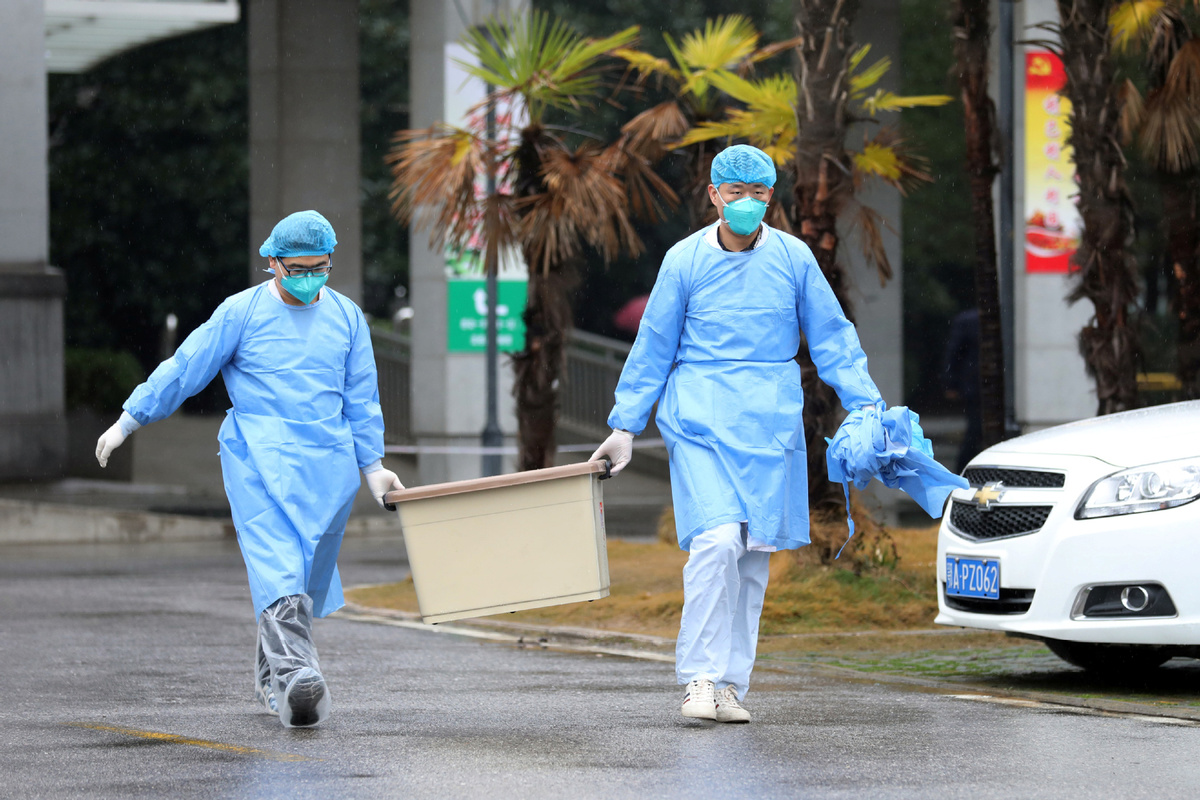
World Health Organization (WHO) findings show that the Novel Coronavirus is not as dangerous as two other viruses that belong to the coronavirus family – Severe Acute Respiratory Syndrome (SARS) and Middle East Respiratory Syndrome (MERS).
However, similar to SARS and MERS, Novel Coronavirus also originated from an animal. The SARS virus originated from the Civet cat while the MERS virus originated from camels.
Research has confirmed that the Novel Coronavirus also originated from an animal in a seafood market in Wuhan, however, it has yet to pinpoint to a specific species.
Chinese authorities in Wuhan identified the mysterious new strain on 31st December 2019. The name given to this virus is 2019-nCov. Recently, experts have also confirmed that it can be passed from human-to-human.
Which countries has the virus spread to?
The virus that has killed 26 people in the city of Wuhan has spread to a number of other countries. The Hubei province in Wuhan holds the record for the greatest number of cases, with almost 870 cases so far.
Apart from China, other countries that has reported cases of Novel Coronavirus include Thailand, South Korea, Taiwan, Japan, Hong Kong, Macau, Vietnam, Singapore, Saudi Arabia and America.
How dangerous is the virus?
Some health experts say that the Novel Coronavirus is not as dangerous as the SARS virus which spread between 2002 and 2003, and caused almost 800 deaths worldwide. This virus also originated from China.
The MERS virus which started in 2012 in Saudi Arabia was controlled before it spread to many other countries. However, 1 out of 3 people who contracted the virus died.
What are the symptoms of Novel Coronavirus?
Findings of WHO indicate that this virus causes an infection to the respiratory system of a human. The symptoms include fever, cough, shortness of breath and difficulty in breathing.
Serious cases are susceptible to pneumonia, SARS virus, kidney failure and death. While 26 have died so far, the city of Wuhan, where the virus first originated is under quarantine.
America’s CDC believes that the symptoms of the disease appear 2-14 days after the virus enters the body.
What can you do to protect yourself from getting infected?
WHO recommends the general public to follow certain steps to maintain hand and respiratory hygiene and safe food practices. The steps include:
- Frequently clean hands by using alcohol-based hand rub or soap and water
- When coughing and sneezing cover mouth and nose with flexed elbow or tissue – throw tissue away immediately and wash hands
- Avoid close contact with anyone who has fever and cough
- If you have fever, cough and difficulty breathing seek medical care early and share previous travel history with your health care provider
- The consumption of raw or undercooked animal products should be avoided. Raw meat, milk or animal organs should be handled with care, to avoid cross-contamination with uncooked foods, as per good food safety practices



Leave a comment
0 Comments